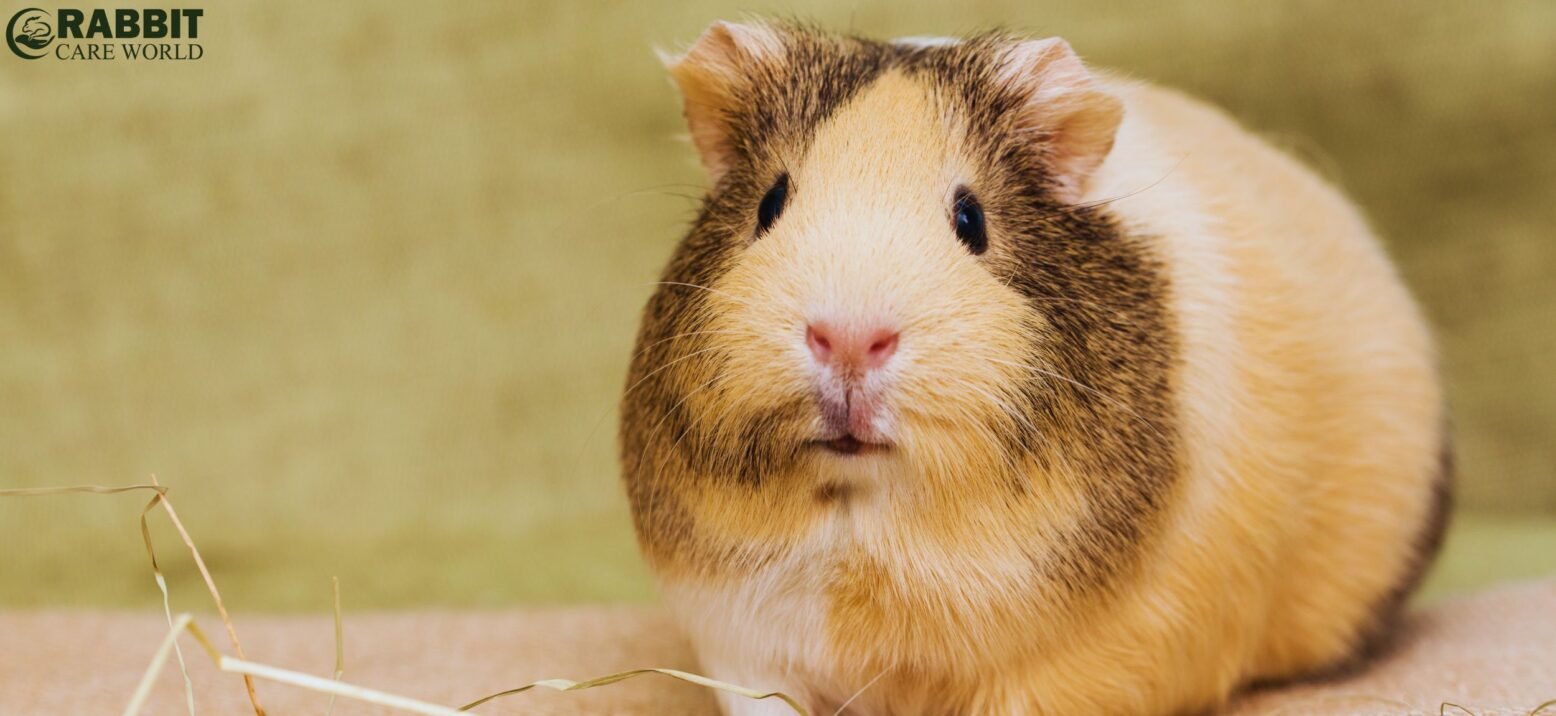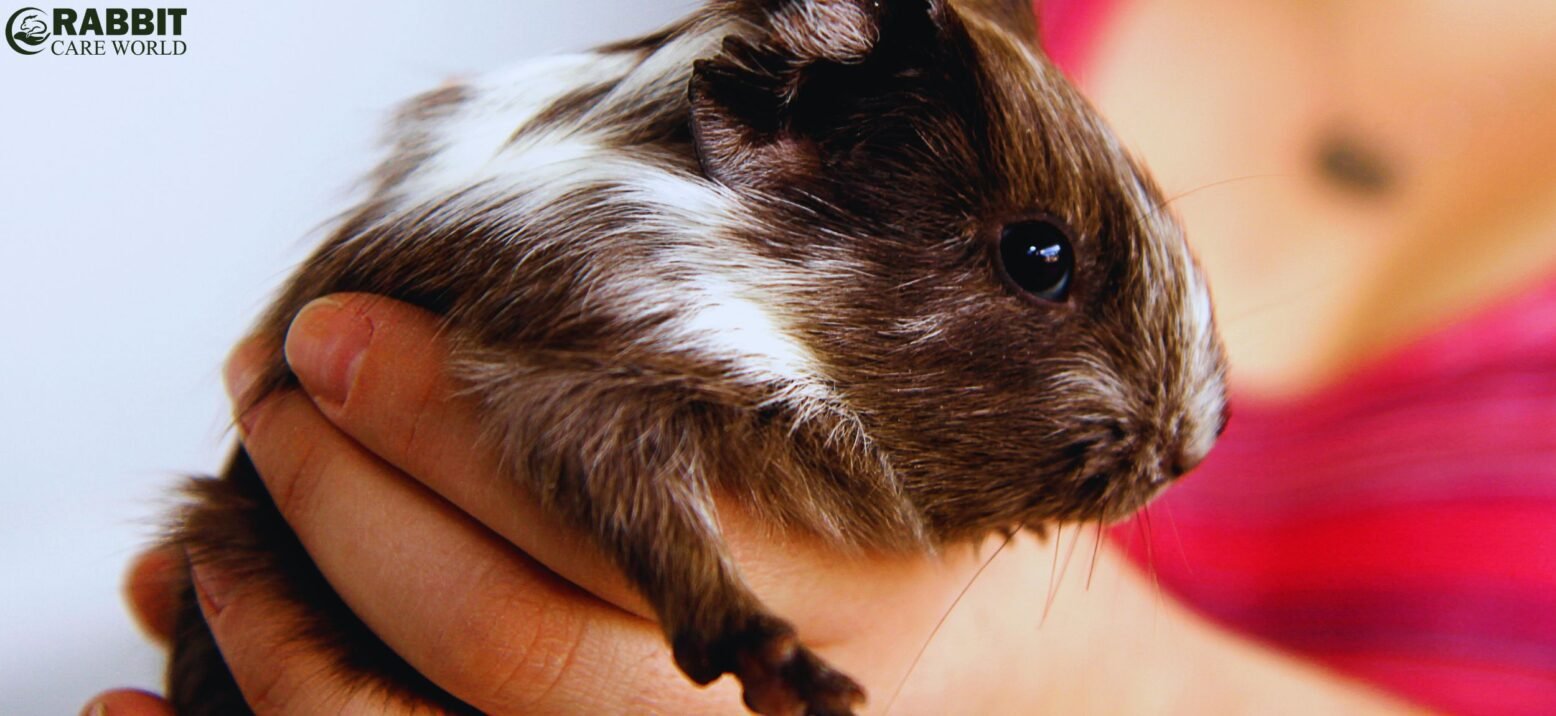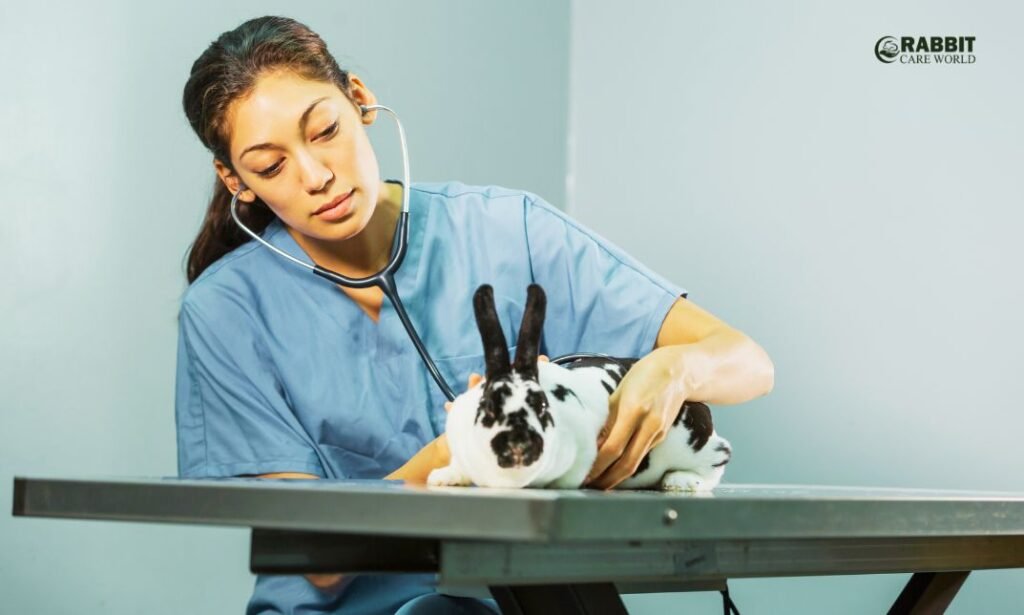Ever wonder: do guinea pigs bite? Yes, guinea pigs can bite, but it’s not very common. They are generally gentle and friendly pets.
Biting usually happens for specific reasons. Guinea pigs are beloved pets known for their gentle nature. They are easy to care for and make great companions. But, sometimes they may bite. This can surprise new owners and cause worry. Understanding why guinea pigs bite helps address the issue.
It could be due to fear, pain, or mishandling. Knowing the reasons behind the behavior is key. This way, you can enjoy a happy relationship with your furry friend. We will explore why guinea pigs might bite and how to prevent it.
Table of Contents
ToggleGuinea Pig Temperament

Guinea pigs are popular pets. Understanding their temperament is key to enjoying their company. They are known for their gentle nature but can sometimes bite. Let’s explore their natural disposition and social behavior to understand more.
Natural Disposition
Guinea pigs are generally gentle and calm. They rarely show aggression. They are prey animals, so they can be timid. Loud noises and sudden movements can scare them. When scared, they may nip as a defense. Biting is usually their last resort.
They often use other methods to show discomfort. Chattering teeth or squeaking are common signs. Watching their behavior closely helps you understand their needs.
Social Behavior
Guinea pigs are highly social animals. They thrive on interaction. In the wild, they live in groups. Keeping them in pairs or groups at home is best. This reduces stress and promotes happiness.
They communicate with each other using various sounds. Chirping, purring, and whistling are some examples. Regular interaction with humans helps them bond. They enjoy gentle petting and treats.
Handling them properly is crucial. Always be gentle and support their body. Regular handling makes them feel safe. This reduces the chance of biting.
Reasons For Biting
Guinea pigs are generally gentle pets, but sometimes they bite. Understanding the reasons for biting can help you manage and prevent it. Let’s explore some common causes.
Fear And Stress
Guinea pigs might bite if they feel scared or stressed. Loud noises, sudden movements, or unfamiliar environments can trigger fear. Guinea pigs are prey animals and have a strong instinct to protect themselves. If they sense danger, they might bite as a defense mechanism.
Stressful situations such as overcrowding, lack of hiding spots, or changes in their habitat can also cause biting. Providing a calm and stable environment is crucial. Ensure they have enough space and places to hide. This helps them feel secure and reduces stress-induced biting.
Health Issues
Health problems can make guinea pigs irritable and prone to biting. Pain or discomfort due to illness or injury can cause them to bite. Common health issues include dental problems, skin infections, or digestive issues. Regular vet check-ups are important to keep your pet healthy.
Another reason for biting could be poor diet. Lack of essential nutrients can affect their behavior and health. Ensure they have a balanced diet with fresh vegetables, hay, and clean water. Monitor their health and address any issues promptly to prevent biting caused by discomfort.

In summary, understanding the reasons behind biting can help you create a better environment for your guinea pig. Addressing fear, stress, and health issues ensures a happier, bite-free pet.
Preventing Bites
Guinea pigs rarely bite and usually do so out of fear or discomfort. Handle them gently and provide a calm environment to prevent bites. Proper take care and understanding their behavior can keep them happy and bite-free.
Guinea pigs are gentle pets. They rarely bite. But bites can still happen. To keep bites from happening, proper handling and a safe environment are key.
Proper Handling Techniques
Always handle guinea pigs with care. Support their body well. Use both hands. One hand under the chest. The other under the hind legs. Lift them slowly and gently. Avoid sudden movements. Let them get used to your presence. Sit quietly near their cage. Speak softly. Offer treats from your hand. Let them come to you. Build trust over time. Do not squeeze or hold them too tightly. They feel safe when held securely but gently. If they squirm, let them calm down. Give them a break. Try again later.
Creating A Safe Environment
A calm environment helps prevent bites. Keep their cage clean and comfortable. Provide hiding spots. Guinea pigs need to feel safe. Avoid loud noises and sudden movements. Ensure they have enough space. Crowded cages can stress them. Stress can lead to biting. Give them toys and chew sticks. This keeps them busy and happy. Watch for signs of illness. Sick guinea pigs may bite. Regular vet check-ups are important. A healthy guinea pig is less likely to bite. Always wash your hands before and after handling. This keeps them healthy. It also prevents any strange smells that might confuse them. Creating a safe environment and handling them properly reduces the risk of bites. Happy guinea pigs are gentle guinea pigs.
Safety Tips
Understanding whether guinea pigs bite and how to manage this behavior is important. By following key safety tips, you can ensure a safe environment for both you and your pet.
Recognizing Warning Signs
Guinea pigs often show signs before biting. Recognizing these signs can prevent bites.
| Sign | Description |
|---|---|
| Chattering Teeth | A clear sign of irritation or fear. |
| Hissing | Shows discomfort or aggression. |
| Backing Away | Indicates the guinea pig wants space. |
Always pay attention to these warning signs to avoid bites.
Training And Socialization
Training and socializing your guinea pig can reduce biting behavior.
- Start Early: Begin socialization when your guinea pig is young.
- Consistent Handling: Handle your guinea pig gently and regularly.
- Positive Reinforcement: Use treats to reward calm behavior.

Consistency is key in training. Always be gentle and patient.
Building a bond with your guinea pig makes them feel safe and reduces biting.
Frequently Asked Questions
Do Guinea Pigs Bite Often?
Guinea pigs rarely bite. They are gentle creatures and bite only when frightened or threatened.
Why Do Guinea Pigs Bite Sometimes?
Guinea pigs bite when scared, in pain, or feeling cornered. They might also nibble to explore.
How To Prevent Guinea Pig Bites?
Handle guinea pigs gently and regularly. Ensure they feel safe and comfortable to prevent bites.
Are Guinea Pig Bites Dangerous?
Guinea pig bites are usually not dangerous. They can cause minor scratches but rarely serious injuries.
Conclusion
Understanding guinea pigs’ behavior helps prevent bites. They rarely bite without reason. These small pets usually show affection. Pay attention to their signals. Create a safe, comfortable environment. Handle them gently and with care. Respect their space and needs. By doing this, you build trust.
Happy guinea pigs rarely bite. Remember, patience and love go a long way. Enjoy your time with your furry friends. They will thank you with their gentle nature.



